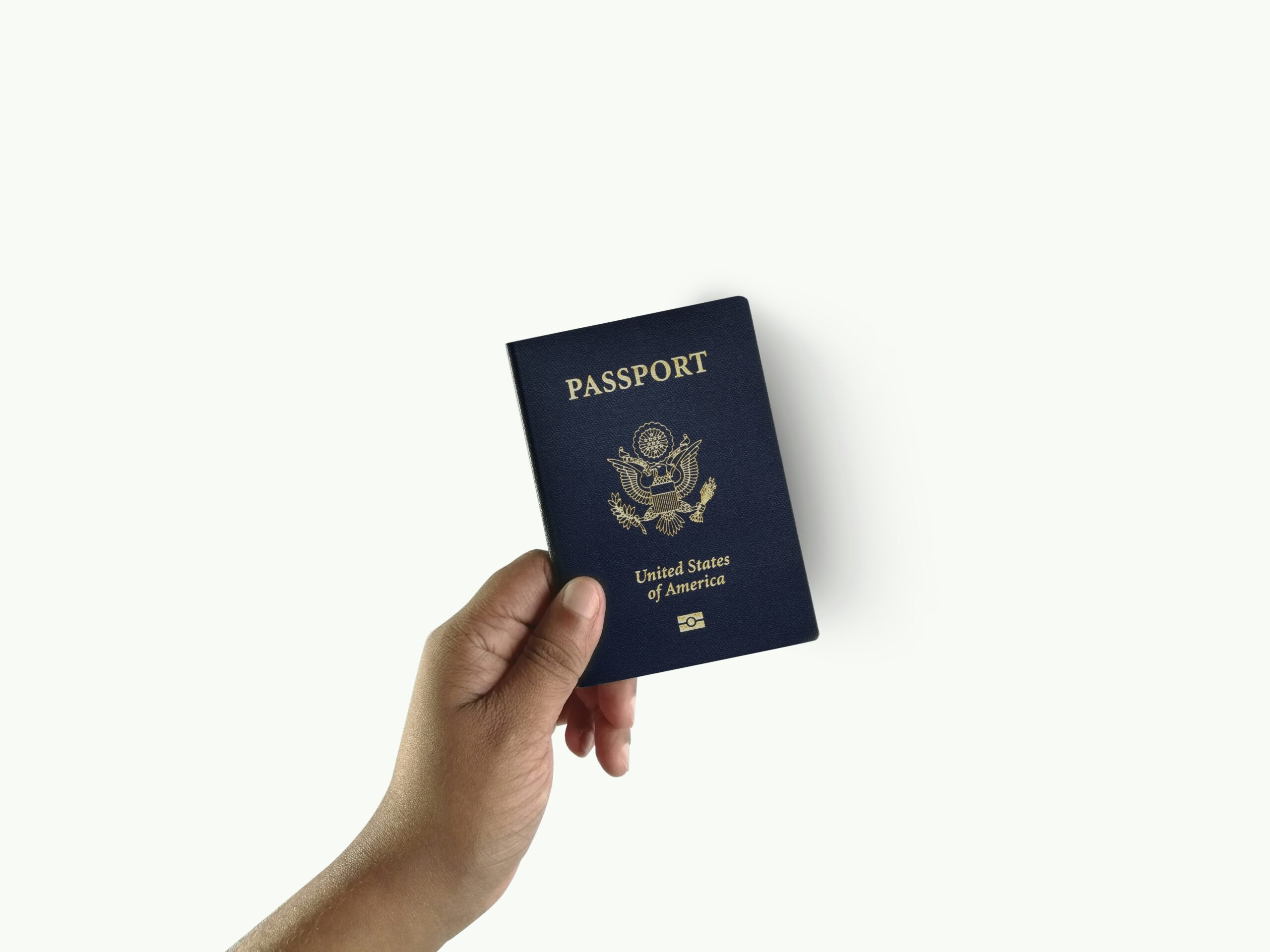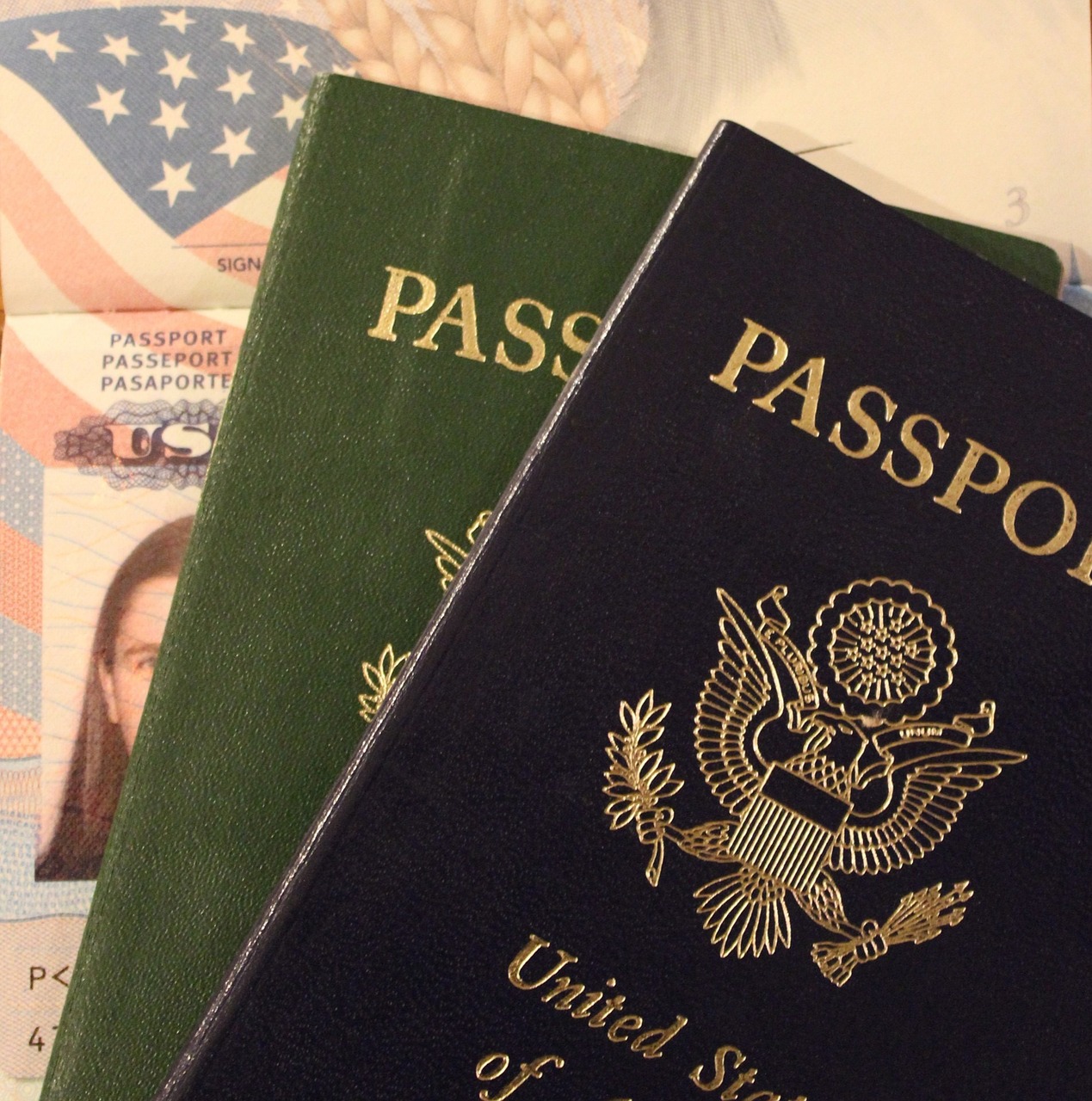What happens after I replied to a Notice Of Intent to Deny or a Request For Evidence?
Hi, I'm Jim Hacking, immigration lawyer, practicing law throughout the United States out of our offices in St. Louis, San Diego, and Washington D.C. We've had some people ask us lately in Immigrant Home, which is our Facebook group, "Jim, what can I expect after I respond to a Request For Evidence or a Notice Of Intent to Deny or a Notice Of Intent to Revoke?"
So I thought I'd shoot this video to answer the question for everybody. Now, one of the things that you don't want to happen when you apply for an immigration benefit, is to get a Request For Evidence or a Notice Of Intent to Deny. These are alerts from the agency that there's something defective, something wrong with your case. The State Department has a equivalent where they'll ask you for things at the National Visa Center or at the embassy. So the principles are all the same. But the thing that people want to know is, "Jim, will I get a receipt when my response is received?" The answer to that is sadly no, there's no formal receipt that comes. Sometimes, and I think it's about a 50/50, half the time they do, half the time they don't, update the online portal to reflect that the RFE response has been received, or the NOID response has been received. So you might get some kind of an alert, but generally you're sort of left in the dark.
Now, the other thing that you need to think about when it comes to RFEs and NOIDs, is this slows down the processing of your case. One of the things we see oftentimes is that somebody applies for an immigration benefit and they get a Request For Evidence. USCIS gives them 87 days to answer. During the COVID, they've automatically extended that by 60 days. So your case could be extended for five months to give you time to respond to that RFE.
Now in our office, we try to do our best to get those responses turned around as quickly as possible. Because, when your case is sent back to you for an RFE or for a NOID, there's no more processing of your case. Your case is frozen, nobody's handling it. That's true until the response is received and you make it past whatever hurdle they were asking about.
So let's say that you submitted a spouse-based Green Card case, and it was based on very little marriage evidence. You didn't submit a lot of evidence with your case. If that's true, then when you get that Request For Evidence, they're going to stop working on your case. And it's going to delay it for as long as you have the case, plus I would add a month or two onto that, because it took time for you to get the Request For Evidence, and they slowed it down before that. It takes time for them to receive it, to process it, and to get it up to speed again. So you're really going to lose probably two months, one on each side of however long it takes you. And then of course, just the RFE itself can just put your case onto a different trajectory. So it's really going to slow things down. It's really something that you want to avoid.
This is one of the reasons why it's good to work with an experienced immigration lawyer early on, and to submit the strongest case possible, because you don't want the RFE. You don't want the RFE, because it's a risk that your case could get rejected. But more importantly, you don't want the RFE or the NOID, because you don't want your processing to stop or to halt. So these are the kinds of things that we think about when our clients get an RFE. You're not going to get a lot of feedback from USCIS. You're just going to see movement on to the next stage.
We took over a case just this last year. Our clients just found out they got their Green Card on Friday, so we're very happy for them. They had used another attorney and this attorney did not do a good job of submitting the original marital evidence and the I-864 Affidavit of Support. They got not one, but two RFEs about the Affidavit of Support. Now when they got the second one, that's when they fired that guy and hired us. So they lost months and months of the foreign nationals' ability to work legally in the United States. And that can be a real burden.
Hopefully that won't happen to you. Hopefully you won't make that mistake. And hopefully USCIS won't send you a Request For Evidence or a Notice Of Intent to Deny. But if they do and you need our help, give us a call at 314-961-8200. You can email us at [email protected]. Be sure to join us in our Facebook group, which is called Immigrant Home. And subscribe to our YouTube channel so that you get updates whenever we make videos just like this one. And then on Tuesdays and Thursdays, usually at noon Central, you'll find me live in our groups, answering as many of your immigration law-related questions as possible.
Thanks a lot and have a great day.








